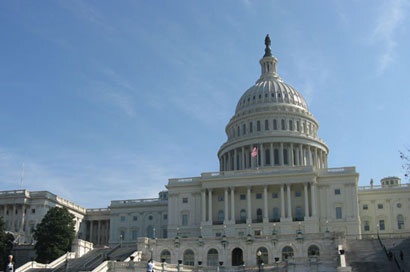The bill, which passed 400 to 20, would cut Iran`s oil exports by another 1 million barrels per day over a year, in an attempt to reduce the flow of funds to the nuclear program. It is the first sanctions bill to put a number on exactly how much Iran`s oil exports would be cut.
Previous U.S. and EU sanctions have reduced Iran`s oil exports by more than half. The United States has worked with Iran`s top oil consumers including China, Japan and South Korea to push them toward alternative suppliers of crude.
Oil prices have remained relatively steady, which has allowed the efforts to continue, but some analysts say further sanctions risk pushing up prices and damaging the economies of U.S. allies.
The bill still has to be passed in the Senate and signed by President Barack Obama before becoming law. The Senate Banking Committee is expected to introduce a similar measure in September, though it is uncertain whether the language to cut exports by 1 million barrels a day will survive.
Critics of the bill said it shows an aggressive signal to Iran that last month voted in Rouhani, a cleric many see as more moderate. He will be sworn in on Sunday.
Rep. Ed Royce, a California Republican and Chairman of the House Foreign Affairs Committee who introduced the bill with Rep. Eliot Engel, a New York Democrat, said the United States has no higher national security priority than preventing a nuclear-armed Iran.
Royce said the Supreme Leader Ayatollah Ali Khamenei`s drive to develop a nuclear arsenal was evident. "New president or not, I am convinced that Iran`s Supreme Leader intends to continue on this path," he said.
The vote showed a growing disagreement between the White House and Congress on Iran policy. A senior administration official said on Wednesday the White House is not opposed to new sanctions in principle, but wants to give Rouhani a chance.
The Treasury Department last week partially eased sanctions on Iran by expanding a list of medical devices that can be exported there without special permission.
One of the 20 lawmakers to vote against the bill, Jim McDermott, a Washington-state Democrat, said shortly before the vote that the rush to sanction Iran before Rouhani takes office could hurt efforts to deflate the nuclear issue.
"It`s a dangerous sign to send and it limits our ability to find a diplomatic solution to nuclear arms in Iran," McDermott said.
The bill also further denies Iran governments access to foreign currency reserves, and targets Iranian efforts to circumvent international sanctions against its shipping business.
More about:
















































